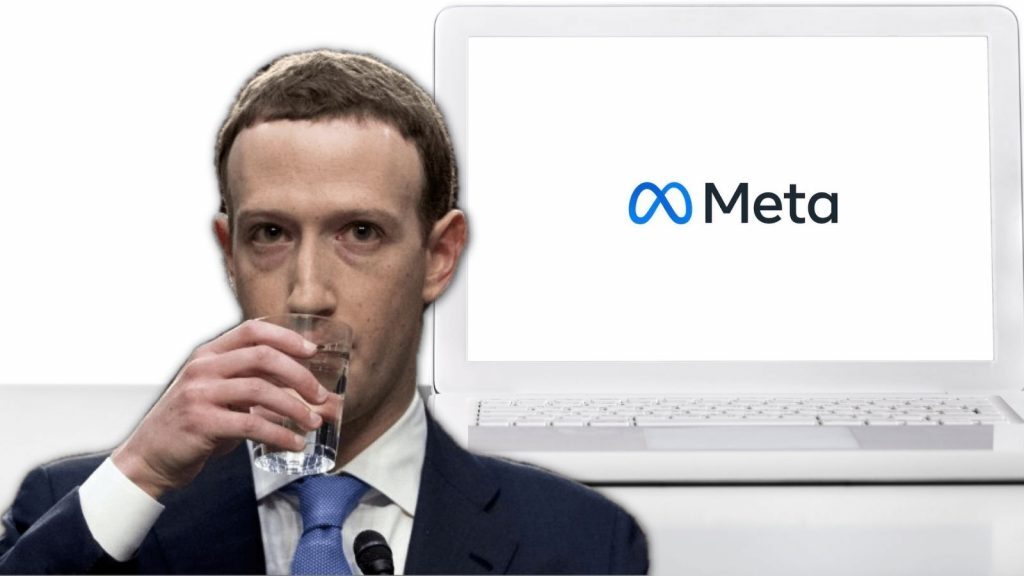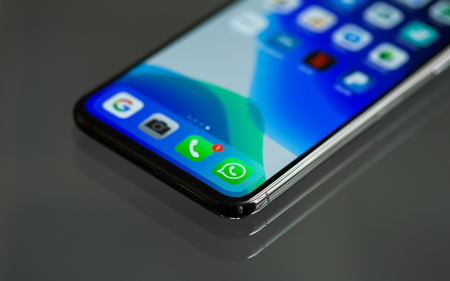The latest controversy to hit Facebook is its lame attempt to change its holding company’s name to Meta, believing it will somehow convince people not to notice its ongoing privacy and mental health scandals.
Named for the metaverse, an early depiction of virtual reality conceived by science-fiction author Neil Stephenson in his groundbreaking cyberpunk novel Snow Crash. Published in 1994, it depicted a computer virus and, arguably, one of the first examples of cybersecurity.
CEO Mark Zuckerberg – besieged by the swirling dragons of angry shareholders, US state attorneys-general, the US Justice Department and the Federal Trade Commission – tried to throw off the bad PR of the innumerable Facebook scandals by…. rebranding the company. Well, rebranding the holding company – as Google did with Alphabet in 2015.
Of course, Zuckerberg predictably called this painfully obvious PR stunt of changing its name to avoid criticism as “ridiculous”. Very quickly, it is now referred to as The Company Formerly Known as Facebook or just Meta (formerly Facebook).
“From now on, we’ll be metaverse first, not Facebook first,” Zuckerberg said during the Oculus Connect event last week. “Over time, you won’t need to use Facebook to use our other services.”
“We believe the metaverse will be the successor of the mobile internet,” he said, apparently oblivious at how much of a #FirstWorldProblem he is solving – considering how many billions of people are never likely to experience this obviously elite form of technology.
“We’ll be able to feel present – like we’re right there with people no matter how far apart we actually are. When I send my parents a video with my kids, they’re going to feel like they’re right in the moment with us not peering through a little window,” he added.
The only problem is that “it doesn’t fully exist yet”.
Of course, Facebook wants to sell you the VR headsets too – having bought Oculus Rift for $2bn in 2014. I own the Oculus Quest 1 VR headset and it’s a good device for this fascinating new form of interaction. But The Quest 2 costs $300 and needs serious bandwidth to work well. It is expensive hardware best suited for developed-world infrastructure – and will hardly have a huge uptake in Africa, for instance, where Facebook’s mobile version is heavily used.
Is it an attempt to win back the tech-savvy American youth market, which has ditched Facebook itself? This is the blue app’s biggest existential threat, and why it paid so much for Instagram, as a catchall for these escaping teens and twentysomethings.
The barrier to entry seems very high – especially as Zuckerberg admits “it doesn’t fully exist yet”.
With such an abysmal track record with Facebook itself – which has become an untamed global foghorn for hate speech, racism, homophobia, anti-Semitism, Islamophobia and conspiracy theories like QAnon – why would anyone trust this bunch of ethically devoid executives with a future way to interact?
As arguably the most important whistle-blower of this surveillance capitalism era of social networks, Francis Haugen, so powerfully summarised: Facebook “prioritised growth over safety”.
As always Facebook’s priorities are its own growth, its own future revenue streams, rather than fixing the broken system it has created. This year Facebook will spend twice as much on its metaverse projects ($10bn) as it will on safety ($5bn), which Haugen recently said she was “shocked” to discover. Is anyone surprised?
This article first appeared in Financial Mail.




